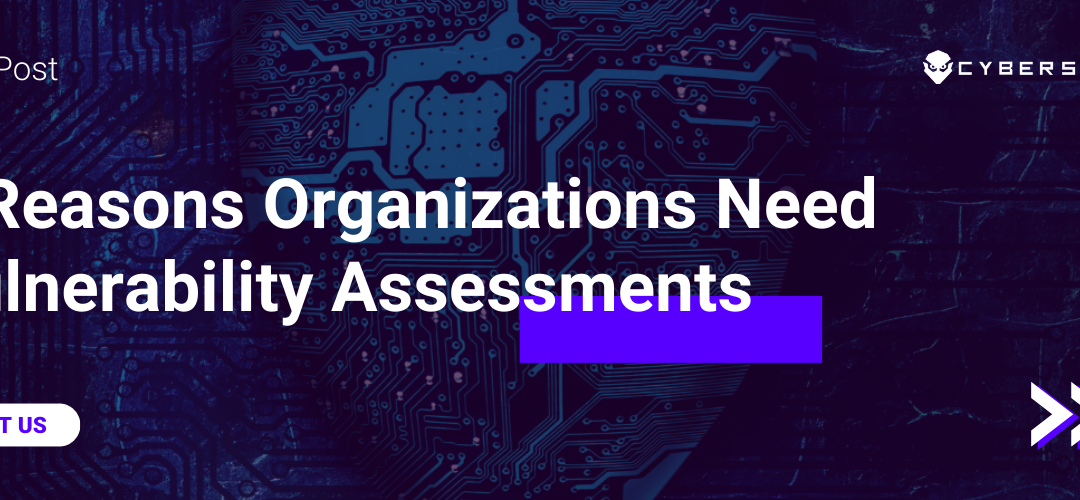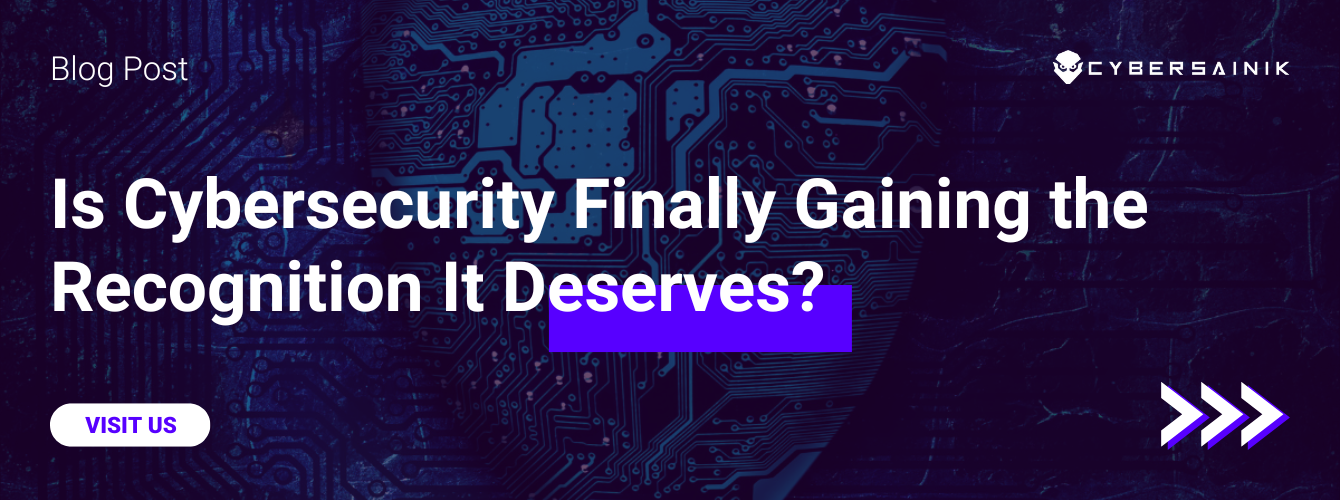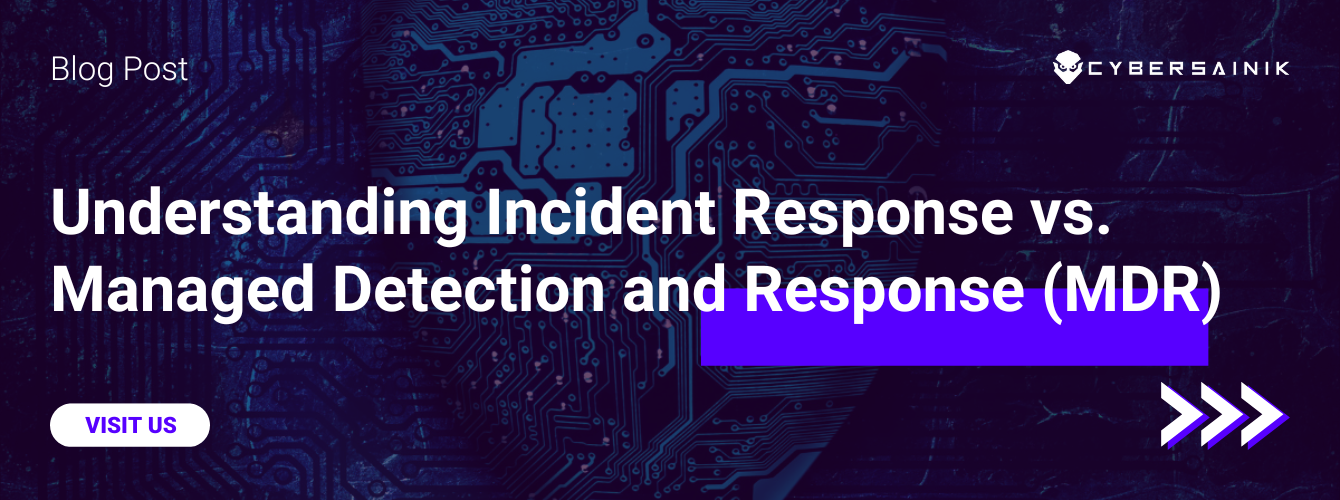In today’s digital world, it’s crucial for businesses, regardless of their size, to maintain high-security standards and prevent security events. To do this, they need to understand the vulnerabilities that exist within their IT infrastructure, as well as the security risks they face.
All this is possible when businesses conduct vulnerability assessments. A comprehensive vulnerability assessment provides valuable insights about your IT infrastructure, safety flaws, and general risks, potentially decreasing the chances of cyberattacks. In this post, we’ll discuss what vulnerability assessment is and why your business needs vulnerability assessments.
What Is Vulnerability Assessment?
A vulnerability assessment is the process of identifying, classifying, analyzing, and prioritizing security weaknesses in an IT infrastructure. The primary goal of vulnerability assessments is to identify any vulnerabilities that may compromise an organization’s overall security and operations. As such, it helps organizations minimize the probability of cyber incidents.
Vulnerability assessments are no longer just a nice to have. Regulatory standards such as HIPAA, GDPR, and PCI DSS require organizations in specific industries to conduct vulnerability assessments regularly to ensure that customers’ confidential information is protected.
Vulnerability assessment includes various tasks such as:
- Conducting security control checks
- Analyzing Wi-Fi networks and routers for password hacks
- Scanning network ports for any known or potential vulnerabilities
- Reviewing how strong your network is against attacks such as man-in-the-middle (MITM), network intrusions, and distributed denial of service (DDoS)
Why Vulnerability Assessments Are Important
A vulnerability assessment provides an organization with details on any security vulnerabilities in its IT infrastructure. It also provides organizations with directions on how to assess the risks associated with those vulnerabilities. In essence, vulnerability assessments decrease the chances of threat actors breaching an organization’s network and catching it off guard.
That said, for these assessments to be effective, they need to be conducted regularly –larger gaps between the assessments can make you vulnerable.
By regular assessments, we mean:
- Ongoing risk assessment and remediation
- Vulnerability scanning every day and after significant changes in systems or business processes
- Continuous documentation
- Quarterly or semi-annual security audits to analyze vulnerabilities and their exploitability
Why Does Your Organization Need Vulnerability Assessments?
The best way of guarding against security vulnerabilities is to constantly seek them out and eradicate them. That’s where vulnerability assessments come in. Here is an outline of 6 key reasons why your organization needs vulnerability assessments:
1. It Helps You Identify Vulnerabilities
Periodic vulnerability scans will help you identify security weaknesses in your critical systems so that you can perform security patches. Not only do you need to scan against the latest strategies employed by cybercriminals, but you also need to ensure that your system is up-to-date.
Vendors often release updates, patches, and firmware upgrades with the aim of remediating newly identified security vulnerabilities. By performing regular assessments on your internal and external systems, you’ll be able to confirm that they are updated for the most recent changes.
2. It Helps Verify That Change Management Processes Are Keeping Pace With Security
Vulnerability assessments will help your organization ascertain that it hasn’t missed any crucial security patches during the change management processes. The more you modify your system to enhance ease of use and maximize operational efficiency, the more challenging it becomes to keep up with changes made by security vendors. Periodically scanning your system for vulnerabilities will help ensure that you have the latest patches and that your firewalls are upgraded.
3. It Helps Minimize and Eliminate Misconfigurations
Vulnerability assessments can also help organizations identify any misconfigurations in their system that may leave them susceptible to security incidents. While we all rely on our IT departments to securely implement new systems, that’s not always the case. Sometimes, it helps to have a fresh set of eyes to examine your system. This will not only help your support team but will also guard against mistakes that may occur during the configuration of new hardware and software.
4. It Validates the Actions of Third-Party IT Service Providers
We all desire to know that IT service providers deliver the services they promised. That said, knowing whether or not they are keeping their end of the bargain can be challenging. If things are running smoothly, you may easily become relaxed, such that you don’t keep an eye on their operations. The point is that your system may run smoothly until a threat actor discovers the vulnerability and exploits it. By then, it may be too late to mitigate the risk.
Suppose you outsource services such as email security, data backup, or system administration to a managed service provider; an independent security scanning can cross-check their performance. The scan will help confirm that the service levels are being attained and systems are protected as was agreed upon in the contract.
5. It Enhances Customer Assurance and Trust
Businesses and consumers alike are becoming more aware of the importance of data protection, especially given the increase in cyberattacks. They demand a higher degree of vigilance and risk awareness from their suppliers.
Currently, we are at a point where an organization can win or lose a contract based on its ability to protect customer data. Regardless of whether your organization serves the consuming public or other organizations, instituting a robust cybersecurity program that includes regular vulnerability assessment can ensure that you stand out from your competition.
In essence, when you have a good cybersecurity posture, you’ll be able to retain current customers and even attract new ones.
6. Complying With Regulatory Requirements
Suppose you operate in a regulated industry; conducting frequent, rigorous vulnerability assessments can help you remain compliant. Vulnerability assessment is also crucial in attaining and retaining security certifications like ISO 27001.
Cyber Sainik Can Help You Protect Your Organization From Cybersecurity Threats
Cyber threats can evade detection by hiding between and within security layers. As part of our cybersecurity services, Cyber Sainik has adopted new security measures to safeguard data, endpoint devices, and network layers. We also offer premium vulnerability assessment services to help ensure that your systems aren’t susceptible to cyber threats.
With Cyber Sainik’s cybersecurity services, your business will achieve end-to-end security. Contact us today and let us take your business’s cybersecurity to the next level.




